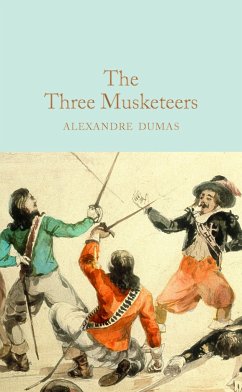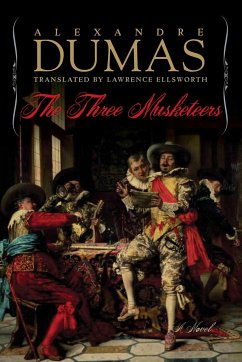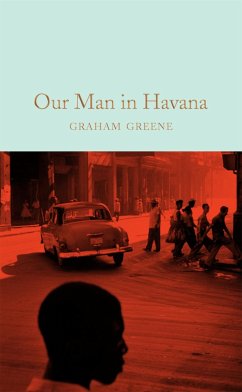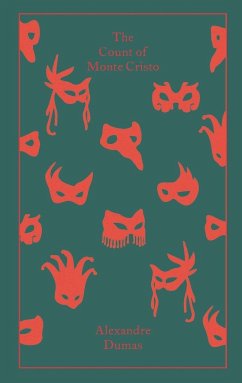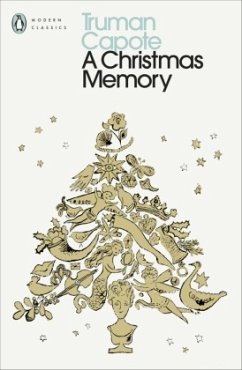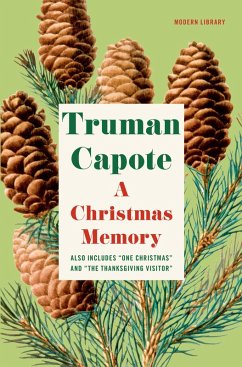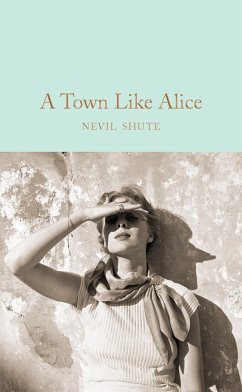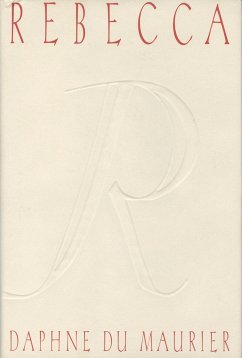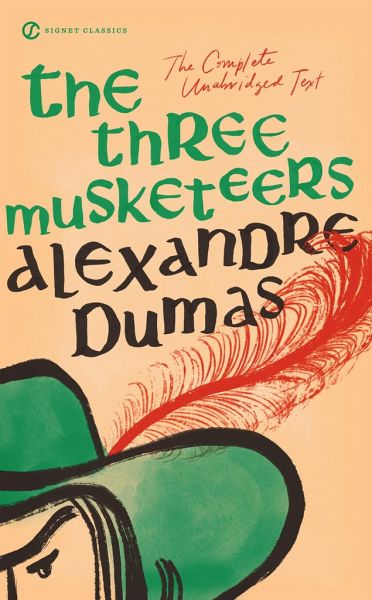
The Three Musketeers
Versandkostenfrei!
Versandfertig in über 4 Wochen
8,49 €
inkl. MwSt.
Weitere Ausgaben:

PAYBACK Punkte
4 °P sammeln!
The classic adventure from the author of The Count of Monte Cristo and The Man in the Iron Mask.In this swashbuckling epic, d Artagnan, not yet twenty, sets off for Paris in hopes of joining the Musketeers, that legion of heroes highly favored by King Louis XIII and feared by evil Cardinal Richelieu. By fighting alongside Athos, Porthos, and Aramis as they battle their enemies, d Artagnan proves he has the heart of a Musketeer and earns himself a place in their ranks. Soon d Artagnan and the gallant trio must use all their wits and sword skills to preserve the queen s honor and thwart the wick...
The classic adventure from the author of The Count of Monte Cristo and The Man in the Iron Mask.
In this swashbuckling epic, d Artagnan, not yet twenty, sets off for Paris in hopes of joining the Musketeers, that legion of heroes highly favored by King Louis XIII and feared by evil Cardinal Richelieu. By fighting alongside Athos, Porthos, and Aramis as they battle their enemies, d Artagnan proves he has the heart of a Musketeer and earns himself a place in their ranks. Soon d Artagnan and the gallant trio must use all their wits and sword skills to preserve the queen s honor and thwart the wicked schemes of Cardinal Richelieu. With this classic tale, Dumas embroiders upon history a colorful world of swordplay, intrigue, and romance, earning The Three Musketeers its reputation as one of the most thrilling adventure novels ever written.
An Unabridged Translation, Revised and Updated by Eleanor Hochman
With an Introduction by Thomas Flanagan
and an Afterword by Marcelle Clements
In this swashbuckling epic, d Artagnan, not yet twenty, sets off for Paris in hopes of joining the Musketeers, that legion of heroes highly favored by King Louis XIII and feared by evil Cardinal Richelieu. By fighting alongside Athos, Porthos, and Aramis as they battle their enemies, d Artagnan proves he has the heart of a Musketeer and earns himself a place in their ranks. Soon d Artagnan and the gallant trio must use all their wits and sword skills to preserve the queen s honor and thwart the wicked schemes of Cardinal Richelieu. With this classic tale, Dumas embroiders upon history a colorful world of swordplay, intrigue, and romance, earning The Three Musketeers its reputation as one of the most thrilling adventure novels ever written.
An Unabridged Translation, Revised and Updated by Eleanor Hochman
With an Introduction by Thomas Flanagan
and an Afterword by Marcelle Clements




